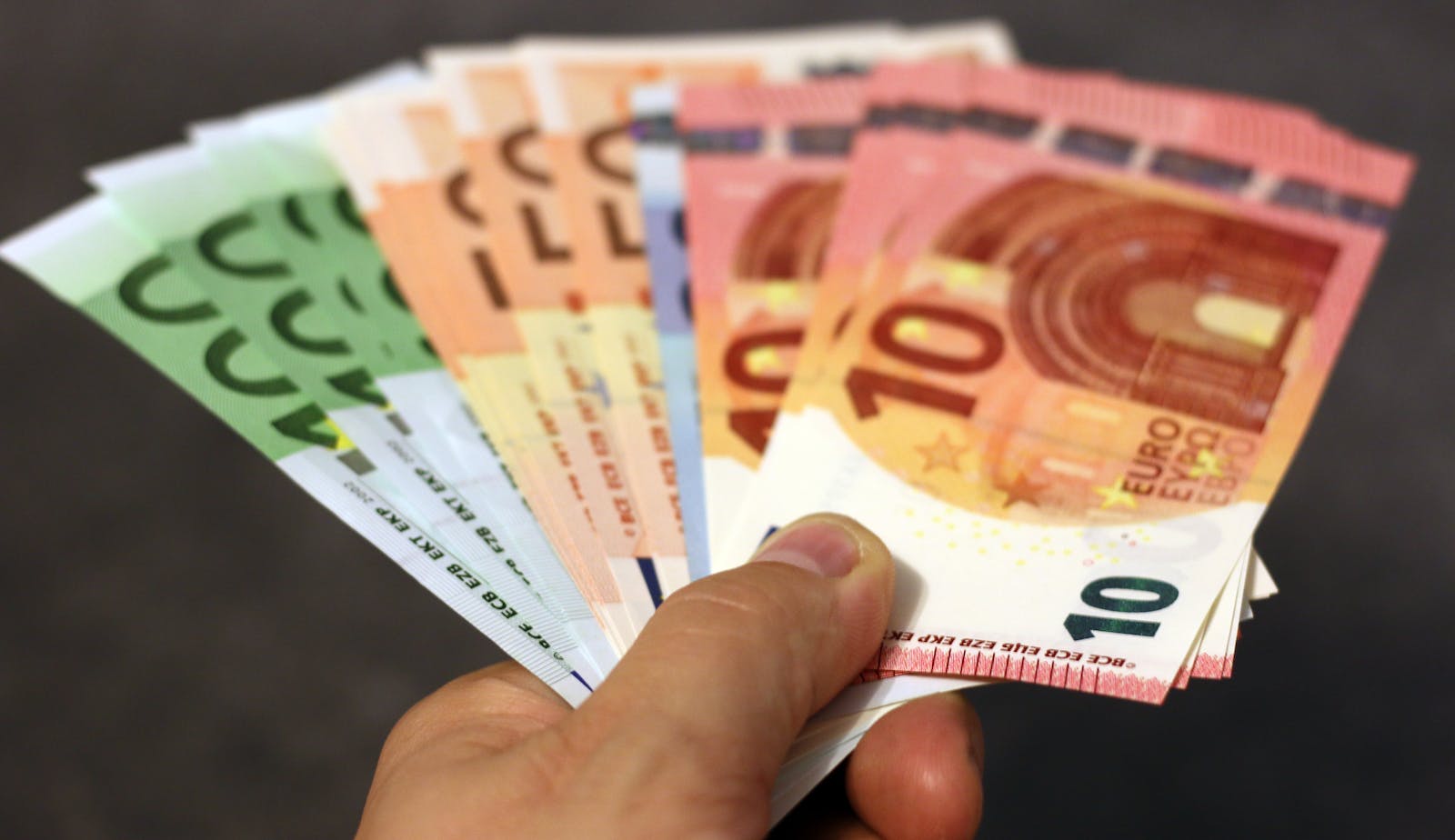As Members of the European Parliament (MEPs) navigate the complexities of legislating for the European Union, scrutinizing the financial aspects of their compensation becomes imperative when knowing they can get circa 18000 euros monthly potentially tax-free. This critical analysis not only dissects the structure of their remuneration but also exposes instances of misuse and the apparent lack of transparency surrounding the actual figures involved.
Dissection of the salary/funds received by MEPs
- Basic Salary Structure:

MEPs receive a basic salary subject to taxation, aiming to establish parity among member states. As of 01/07/2023, the monthly pre-tax salary of MEPs under the single statute is €10.075,18. After the deduction of EU taxes and insurance contributions, the net salary amounts to €7,853.89. Importantly, Member States may opt to subject this salary to national taxes as well. Contrary to popular belief, MEPs do not enjoy a tax-free income; they pay both EU taxes and potentially national taxes, contingent on the legislation of their home country (Example of Ireland).
- Additional Allowances:
While allowances like the daily allowance for attending parliamentary sessions appear justified, concerns linger about potential abuse. Reports of MEPs claiming allowances without active participation in parliamentary activities raise questions about the effectiveness of oversight mechanisms. The daily allowance, meant to cover expenses during sessions in Brussels or Strasbourg, stands at around €320 per day (which if they attend 20 days per month would be 6400€).
The general expenditure allowance, intended for office-related expenses, faces criticism due to its broad scope and vague guidelines. This lump sum, roughly €4,513 per month, lacks specificity, allowing for potential misuse without stringent accountability for taxpayer money.
- Special Parliamentary Allowance:
The special parliamentary allowance, earmarked for specific parliamentary expenses, has faced allegations of misuse. Instances of questionable expenses related to telecommunications and equipment expenditures draw attention to the need for tighter controls. The actual figures associated with this allowance remain elusive, contributing to the perception of opacity.
- Pension Scheme:
The pension scheme, providing financial security post-service, has been criticized for its perceived generosity. The lack of a direct link between MEPs’ performance and pension benefits raises questions about the incentive structure during their tenure. The exact figures allocated to the pension scheme from the European Parliament’s budget remain undisclosed, further complicating the assessment of its appropriateness.
Instances of Misuse and Lack of Transparency
There have been egregious instances where MEPs have misused funds meant for their official duties, tarnishing the credibility of the system. Nearly 140 EU lawmakers had to repay money to the European Parliament for misusing funds intended for assistants.

In one instance, there was a report about an MEP hailing from Scotland who allegedly hired his wife and paid her an annual salary of approximately €25,000. This raised concerns regarding favouritism and the appropriate utilization of allowances. Furthermore, a French MEP was instructed by the EU Court of Justice to reimburse €300,000, for misappropriated funds. These instances shed light on instances where MEPs have exploited the salary and allowance system.
Conclusion:
The compensation and funds allotted to Members of the European Parliament, when dissected with a critical lens, reveal not only the figures involved but also instances of misuse and transparency gaps. A clear understanding of the actual amounts disbursed is crucial for public discourse and oversight.
To regain public trust, the European Parliament must address these concerns head-on. A comprehensive review of the compensation structure, coupled with stringent oversight mechanisms and transparent reporting, is essential. Only through a commitment to responsible financial practices can the European Parliament demonstrate its dedication to serving the best interests of its citizens.





